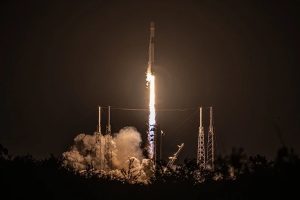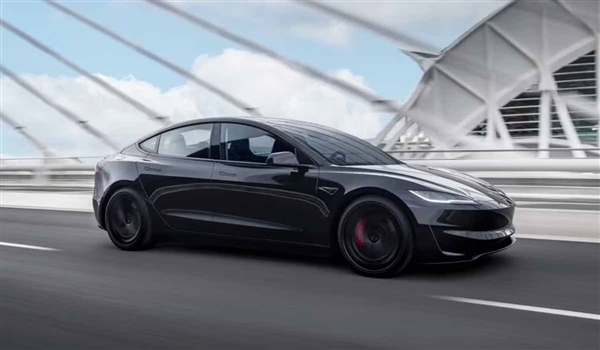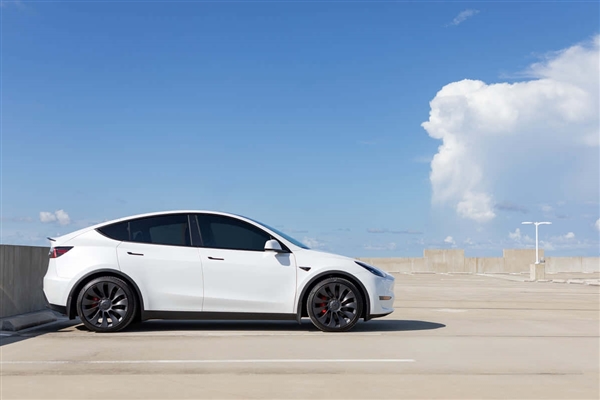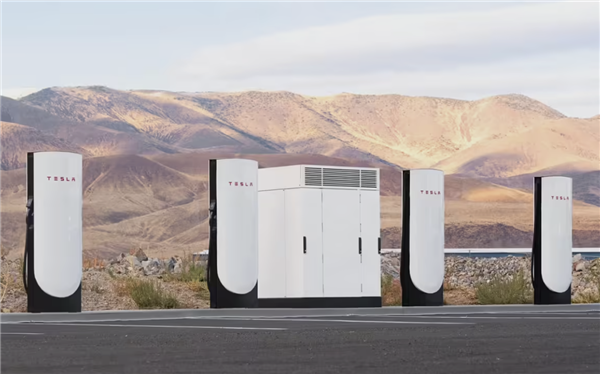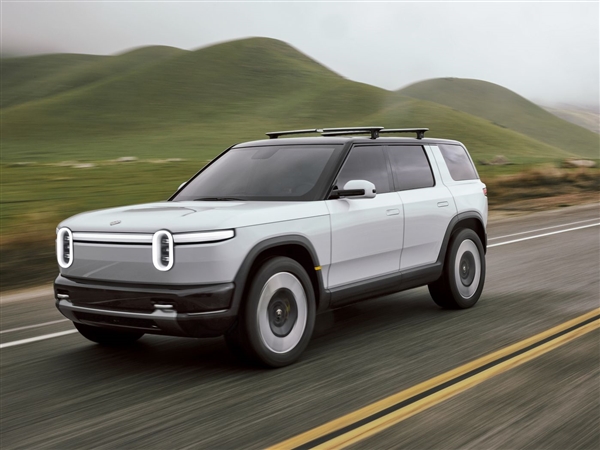August 21, 2024 – Waymo, the autonomous driving technology company, announced on Tuesday that its self-driving taxi service has surpassed 100,000 weekly paid trips in the United States, marking a significant milestone in the adoption of autonomous vehicles for public transportation.
Tekedra Mawakana, Waymo’s co-CEO, revealed the impressive growth in paid trips, which have doubled since May when the company reported 50,000 weekly trips. This substantial increase indicates a rising demand for autonomous taxi services and reflects Waymo’s expanding operations in several U.S. cities.
Among the cities where Waymo operates its commercial services, San Francisco currently “provides the most travel services,” according to a company spokesperson. This news comes as Waymo continues to expand its footprint in major cities across the country, including San Francisco, Phoenix, Austin, and Los Angeles.
Last month, Alphabet, Waymo’s parent company, announced an additional $5 billion investment in the autonomous driving venture. This significant infusion of capital underscores Alphabet’s commitment to accelerating the development and deployment of self-driving technology.
On Monday, Waymo unveiled details of its “6th generation” autonomous driving system. This upgraded system promises to enhance the company’s ability to operate in various weather conditions and reduce the number of costly cameras and sensors required on each vehicle.

Currently, Waymo operates the only commercial self-driving taxi service in the U.S., branded as Waymo One. With a fleet of approximately 700 vehicles, the company has partnered with Uber in Phoenix to offer rides to Uber users. Recently, Waymo expanded its service area in Phoenix by over 230 square kilometers, making it the largest autonomous taxi service zone in the country.
In addition, Waymo has extended its San Francisco service to three new areas: Daly City, Broadmoor, and Colma. The company is also testing its autonomous vehicles on highways in the San Francisco metropolitan area.
Although media outlets have not independently verified Waymo’s safety claims, the company asserts that its Waymo Driver technology is 3.5 times more effective than human drivers in preventing injuries and three times more effective in avoiding accidents that would be recorded by the police. These statistics are based on over 23.82 million kilometers of autonomous driving.
Despite competition from Didi and Pony.ai, which have launched commercial self-driving taxi services in China, Waymo faces relatively limited competition in the U.S. Other players, such as General Motors’ Cruise, have encountered setbacks and temporarily withdrawn their autonomous vehicles, while Uber and Ford have suspended their self-driving taxi projects.
Meanwhile, Tesla, which has long promised to enable its existing customer vehicles with autonomous driving capabilities through software updates, has yet to introduce a model suitable for self-driving taxi use. However, the company has announced plans to unveil its dedicated self-driving taxi, the CyberCab, at a high-profile event on October 10, generating significant industry buzz.






